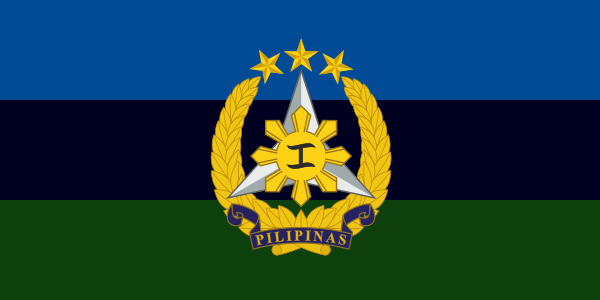
MANILA — Pertinent Filipino military units will be alerted once North Korea decides to go ahead with its plan to launch four intermediate range missiles off Guam waters sometime this month.
Armed Forces of the Philippines (AFP) public affairs office chief Col. Edgard Arevalo, however, said it is very unlikely that the country will be embroiled in any conflict should the spat between North Korean and US escalate.
“Regarding North Korea’s threat against Guam, we do not see any possibility that the Philippines will (get) embroiled in this spat as we are not really part of this conflict or (in the very least the) verbal tussle that is happening between the United States and North Korea,” he added in Filipino.
But in the remote possibility that North Korean proceeds with its plan, the AFP with its Northern Luzon Command will be alerted in the event that any missile debris reached that part of the country, Arevalo disclosed.
“There (might) be debris (from) the missile that might affect the northern part of our country, so in this regard, we will alert the Northern Luzon Command to monitor on that possibility,” the AFP official said.
Aside from that, medical and evacuation procedures will also be prepared. Earlier, Defense Secretary Delfin Lorenzana said they are treating the event as a civil defense rather than a military issue.
“Our Office of Civil Defense (OCD) is on standby and prepared to address any untoward incident that may occur in the aftermath of such a missile launch. As we have done in the past, we have directed OCD to coordinate with the AFP in determining the areas that will potentially, although remotely, be affected,” he noted.
The defense chief added that the OCD may also issue no-sail-zone advisories to coastal areas and alert advisories to local government agencies to step up preparedness of local communities in case the debris of a missile launch reaches the Philippines.
Lorenzana also called on all countries involved to exercise sobriety and refrain from actions that may escalate tensions not only in the Korean Peninsula, but the rest of the Asia-Pacific region as well. (PNA)